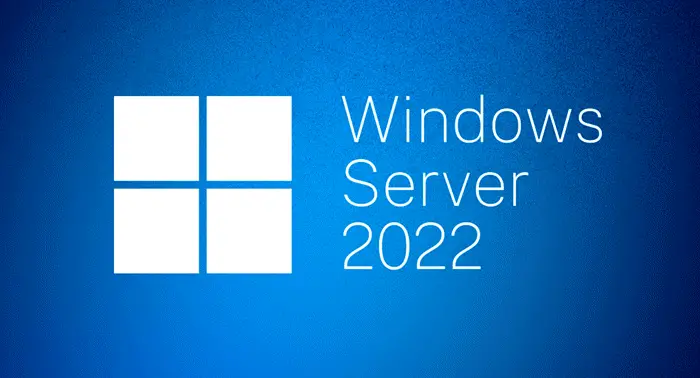Roaming user profiles in Windows operating systems allow a user with a computer joined to a Windows Server domain to log on to any computer on the same network and access their documents. The idea is for a user to have a consistent desktop experience.

Can you share 32-bit and 64-bit Roaming User Profiles?
Windows 11/10/8/7/Vista use an entirely different profile structure. A user who switches-desk between 2 operating systems cannot have personal data transferred automatically, but instead, two distinct server-side profiles are created for this person.
Windows operates on multiple processor architectures, most notably x86 and x64. User data and configuration settings are stored in a user profile. This user profile includes COM registration, file, and registry virtualization information, application settings, and well-known folder locations which may differ from 32-bt and 64-bit versions of Windows. The differences can create unknown behaviors when attempting to roam user profiles between 32-bit and 64-bit operating systems.
KB2384951 lists the following things you may want to consider when attempting to roam user profiles between 32 and 64-bit Windows are:
- The location of the various programs are stored in the registry as static paths C:\Program Files or C:\Program Files (x86)
- COM registration between 32 and a 64-bit computers. A 64-bit COM component will not work on the 32-bit version of Windows
- Wow64 and registry and file virtualization data
- Other user and application data that contain different settings and locations (on the file system or the registry) based on processor architecture.
Currently, this scenario has too many variables to adequately test the interoperability. Therefore, sharing roaming user profiles between 32 and 64-bit Windows is not supported.